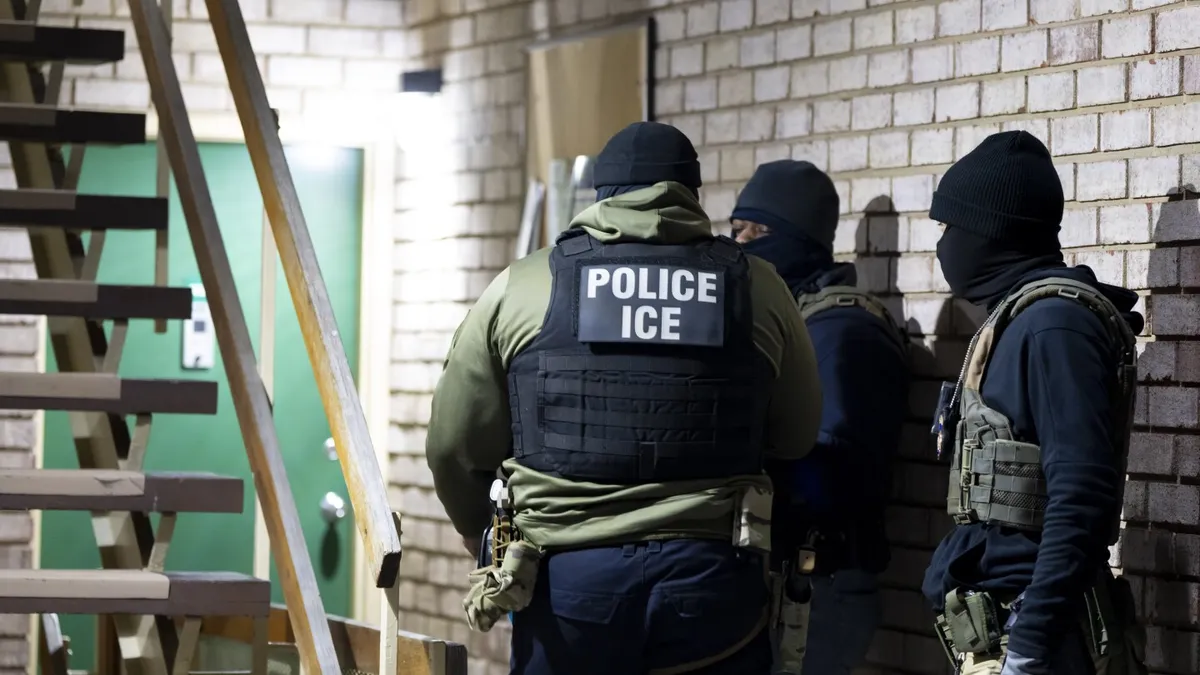
WASHINGTON (AP) — The Trump administration has made a significant leadership change in its ongoing effort to accelerate mass deportations. Caleb Vitello, the acting director of Immigration and Customs Enforcement (ICE), has been reassigned to oversee all field and enforcement operations, focusing on the identification, arrest, and deportation of illegal aliens. This move reflects the administration's commitment to its immigration agenda, highlighting the importance of enforcement under President Donald Trump.
Department of Homeland Security spokeswoman Tricia McLaughlin announced on Friday that Vitello is “no longer in an administrative role.” However, specific reasons for Vitello's reassignment, or details on his successor, were not disclosed. Sources indicate that the decision was made by the Homeland Security Secretary, not directly by the President. This change comes just over a month into the new administration, emphasizing the priority placed on immigration enforcement and mass deportations.
ICE's Enforcement and Removal Operations arm plays a crucial role in executing the President's pledge for mass deportations. According to Tom Homan, the White House border czar, arrests within the U.S. have tripled compared to the previous year under President Joe Biden. Despite this increase, Homan stated, “I'm not satisfied. We got to get more.” He also addressed concerns over the number of individuals released from immigration custody, ensuring that future releases will require ICE leadership approval.
Executing large-scale deportations presents logistical challenges, including limited resources like enforcement officers, detention beds, and planes. The Trump administration has bolstered ICE's capabilities by utilizing U.S. military planes and reallocating officers from other agencies to support immigration enforcement. The administration prioritizes the deportation of migrants who have committed crimes or pose threats, though these cases often demand significant resources.
Caleb Vitello, with over two decades of experience at ICE, previously served as the assistant director for firearms and tactical programs. His extensive background includes roles on the National Security Council and positions directly related to ICE's enforcement operations. Despite the critical nature of his role, ICE has lacked a Senate-confirmed leader for years, which continues to be a topic of concern for the agency.
The Trump administration's effort to enhance immigration enforcement remains a focal point, as seen in recent leadership changes and operational strategies. The administration's limited release of arrest data, last shared daily from January 23 to January 31, underscores the ongoing challenges and complexity in managing immigration enforcement effectively.